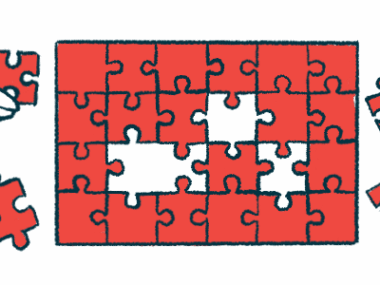Giving Is Its Own Reward for Those with Chronic Illness
Written by |

Martin Luther King Jr. Day falls on Jan. 20 this year. On this national holiday, Americans are encouraged to volunteer to serve their communities. If you are unable to participate, there’s a good reason to find other ways to be charitable this year: your health.
Being charitable has health benefits
People with sarcoidosis face a wide range of health issues, including pain, depression, and cognitive impairment. Our battles with sarcoidosis can cause stress, affect our quality of life, and at times make us feel as if we’ve lost our sense of purpose. Fortunately, it turns out that the simple act of giving can be an elixir for many ailments, whether we choose to donate our time, money, or thoughtfulness to others.
Killing pain with kindness
One day recently, I was reading on the couch with the television droning on in the background when news linking charitable acts to reductions in pain and other health benefits caught my attention.
Volunteering and donating to charitable causes make us feel good emotionally. Just over 30 percent of the adult population in the United States — 77.34 million — gave 6.9 billion hours of their time to causes in 2017, a record high, according to the 2018 Volunteering in America report.
I had been aware of research that shows that altruistic behavior has an instant effect on the brain’s pleasure centers. But I was surprised to learn that helping others affects the areas that control pain, too. For those of us battling daily chronic pain, volunteering provides an alternative option for nonpharmaceutical relief.
The gift that keeps on giving
Reduction in pain levels isn’t the only benefit of adopting a charitable attitude. A recent CNN report looked at studies that link volunteering to numerous other health benefits, including less stress, reduced depression, and greater longevity. The generosity of volunteers spills into other areas of their lives as well, with volunteers donating to charities at twice the rate of nonvolunteers. The former are involved in their communities and engage more with their neighbors, according to the Volunteering in America report.
Even informal acts of kindness positively benefit our health. This makes sense to me because I’ve found that helping others, especially when they don’t know about it, makes me feel good. Small gestures such as raking leaves or shoveling snow from a neighbor’s property while they are at work can make a difference.
There are limitless ways to give, and mounds of research show that doing so can help your health. If you would like to jump-start your volunteering by participating in the MLK Day of Service, you can search for opportunities in your local community here.
***
Note: Sarcoidosis News is strictly a news and information website about the disease. It does not provide medical advice, diagnosis, or treatment. This content is not intended to be a substitute for professional medical advice, diagnosis, or treatment. Always seek the advice of your physician or other qualified health provider with any questions you may have regarding a medical condition. Never disregard professional medical advice or delay in seeking it because of something you have read on this website. The opinions expressed in this column are not those of Sarcoidosis News or its parent company, Bionews Services, and are intended to spark discussion about issues pertaining to sarcoidosis.






Leave a comment
Fill in the required fields to post. Your email address will not be published.